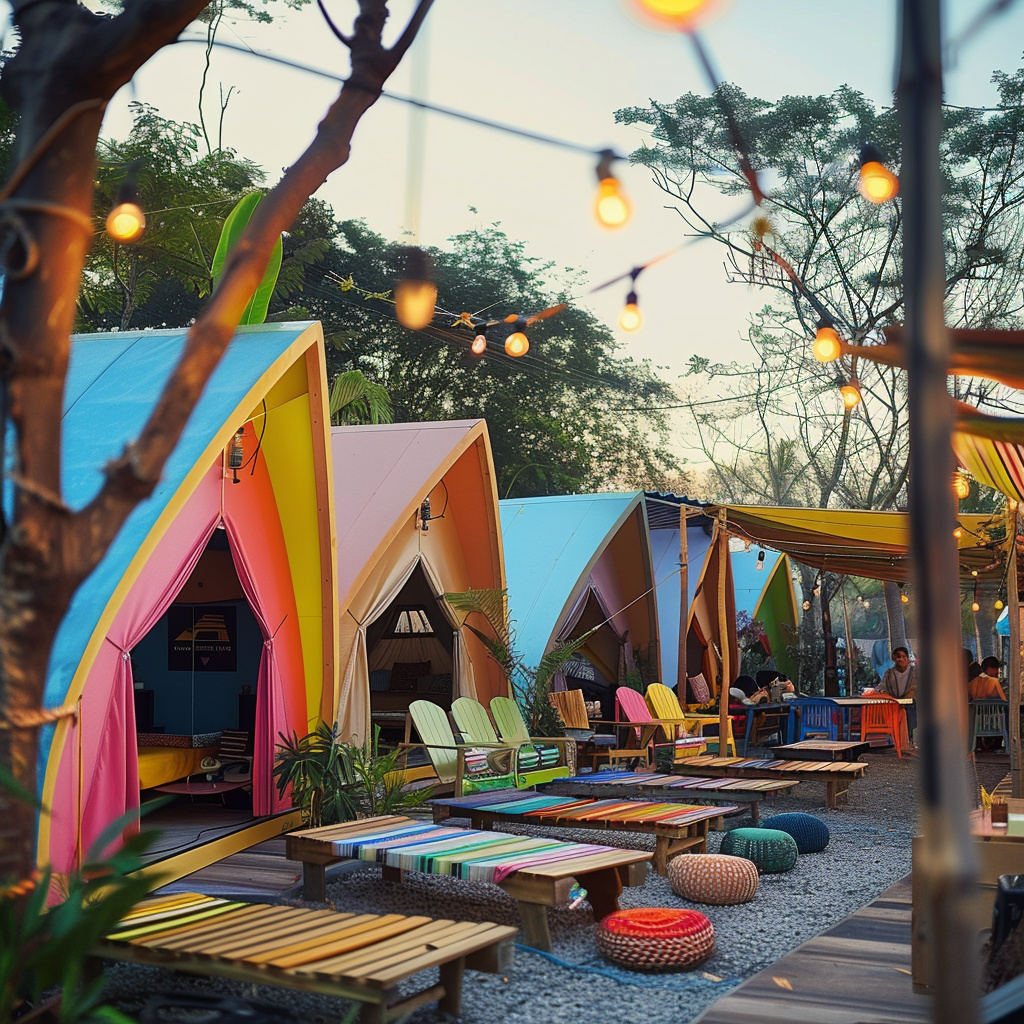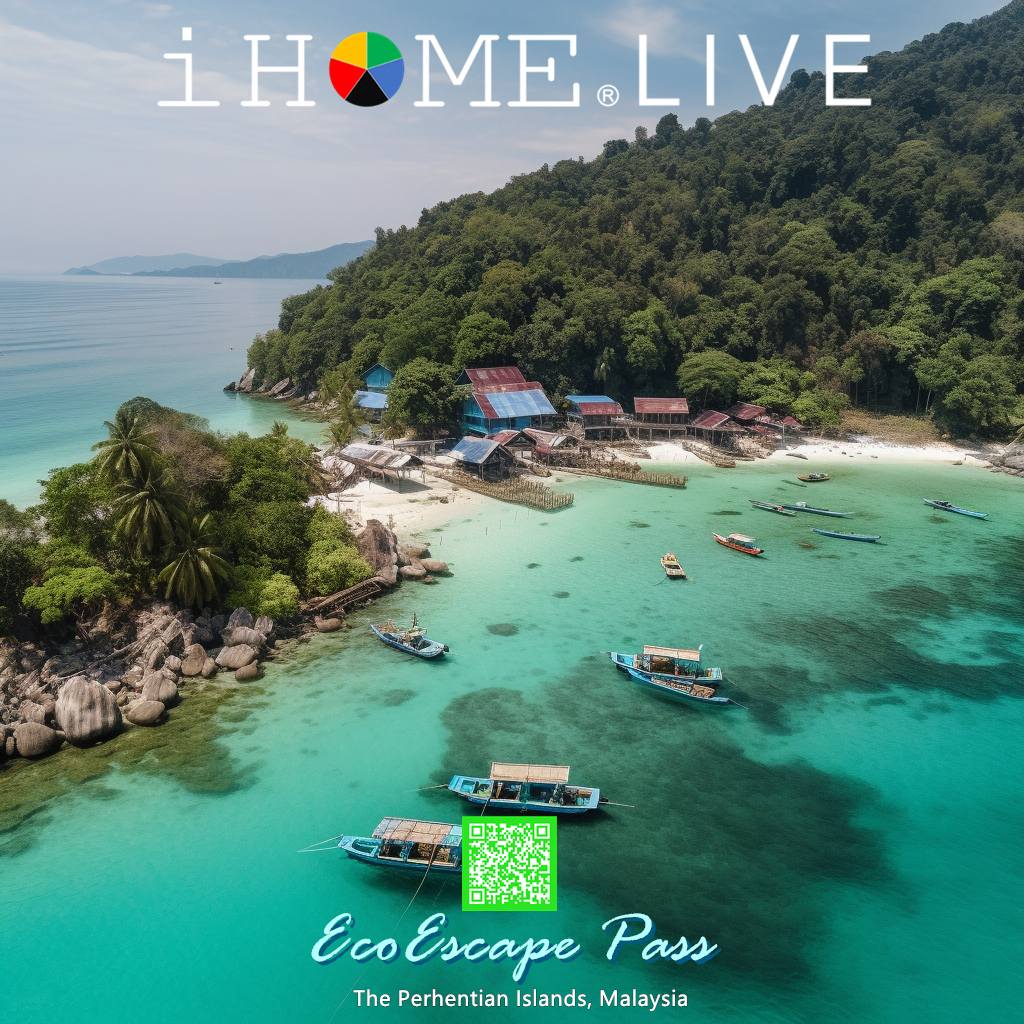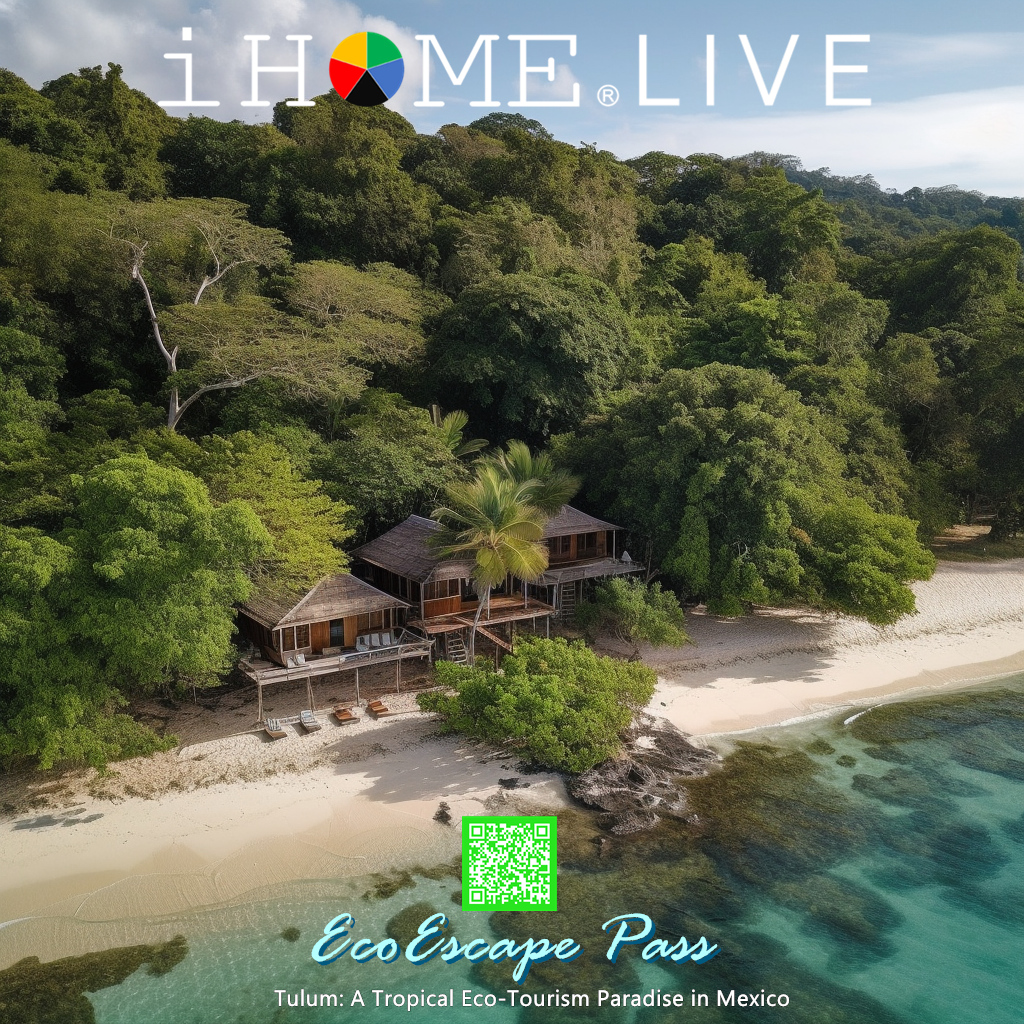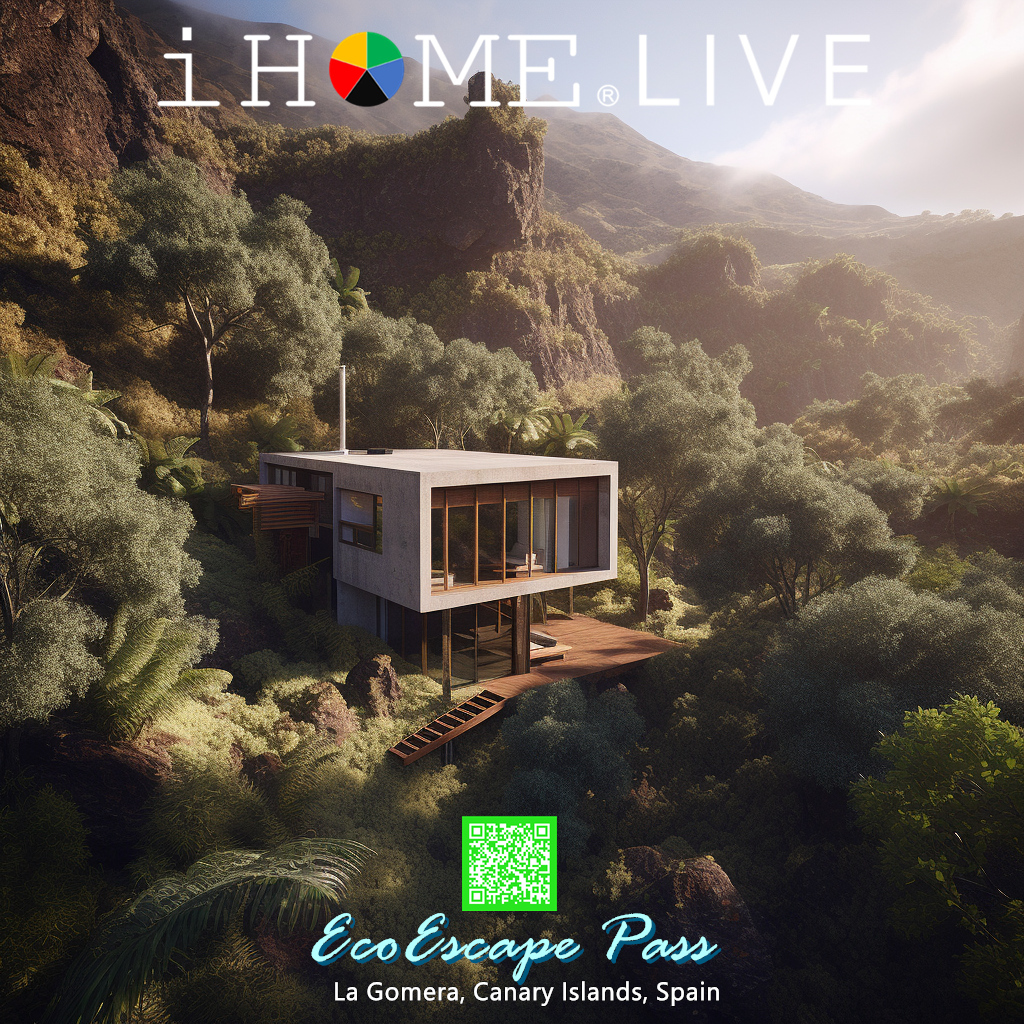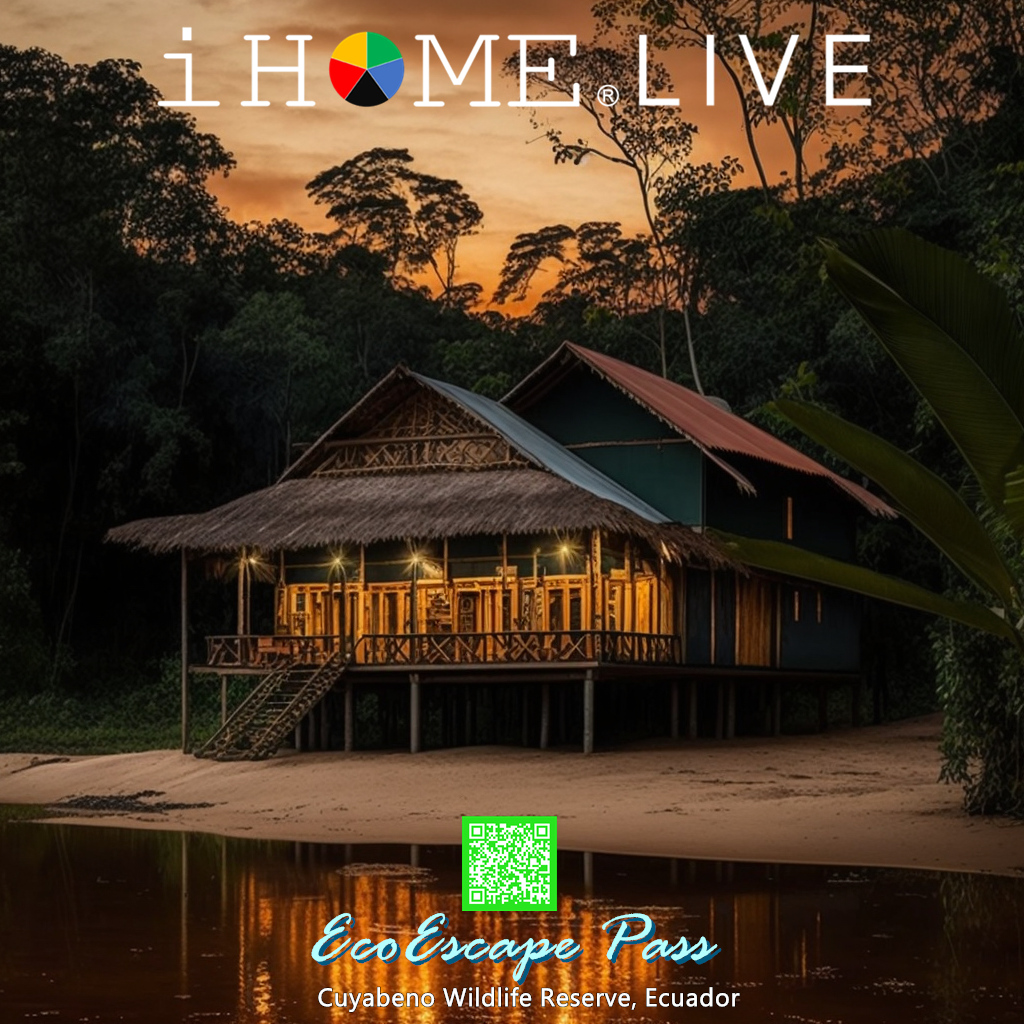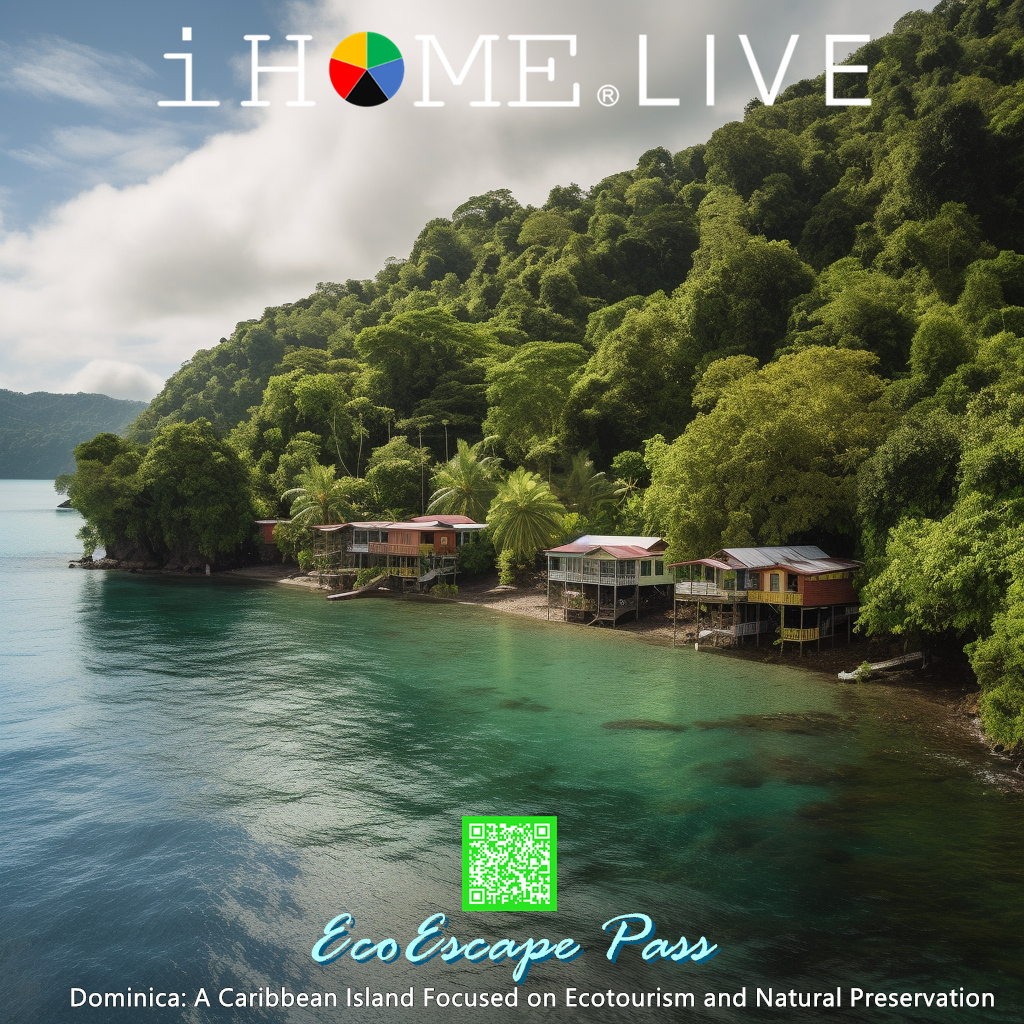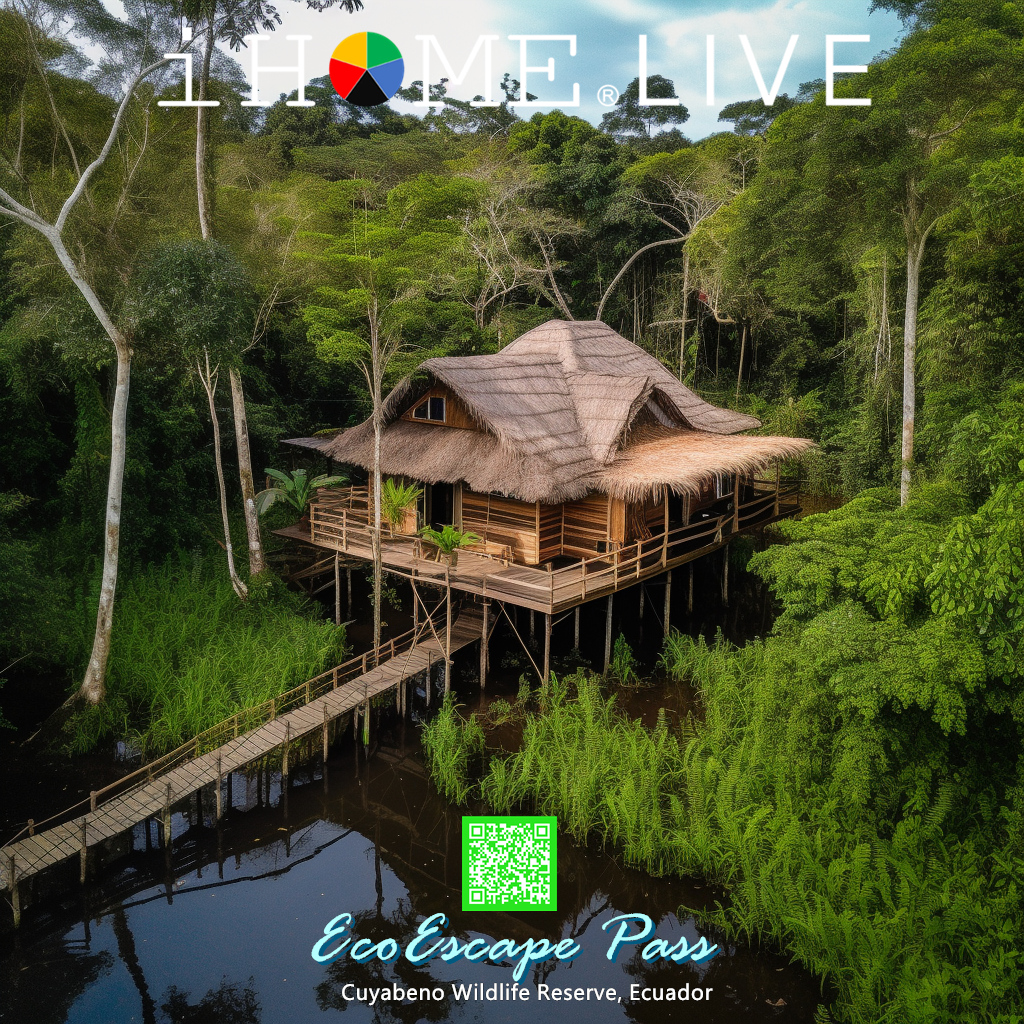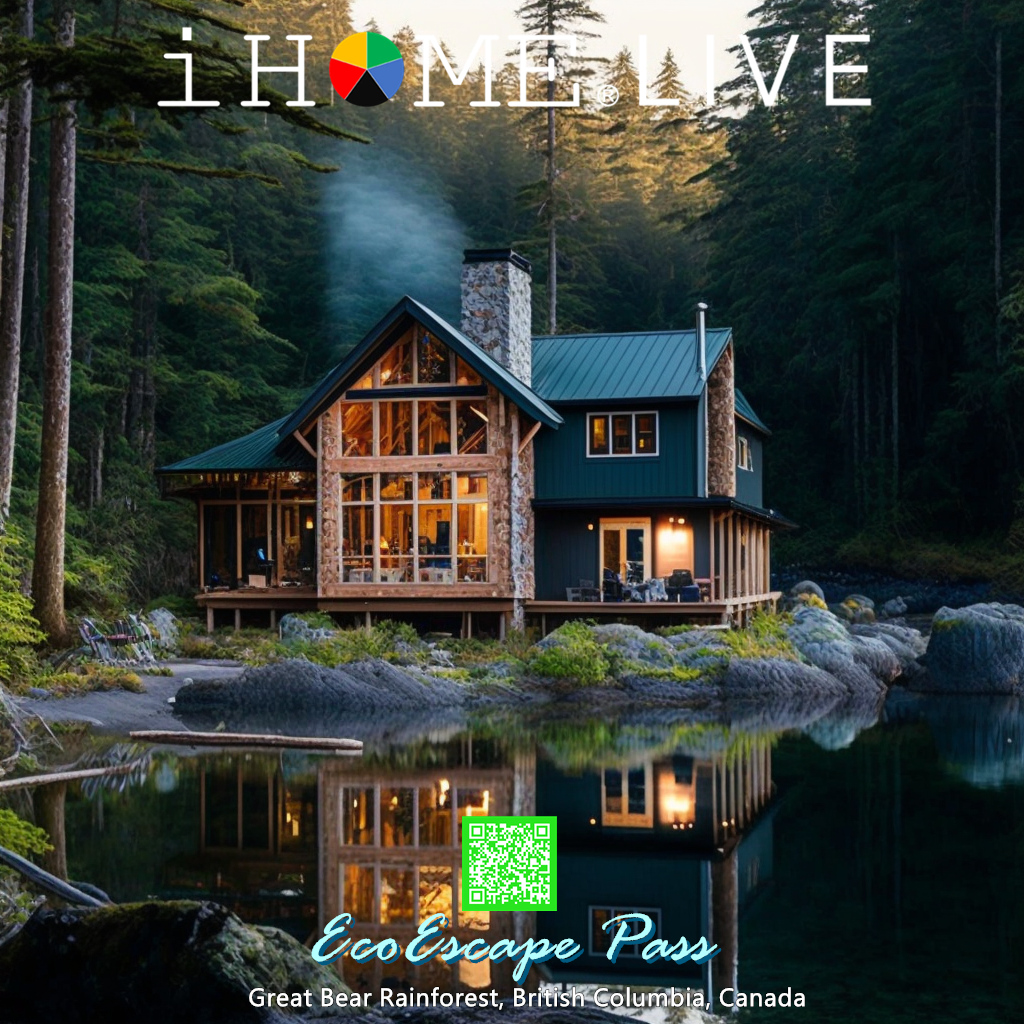Overview
- Description: Malta, an archipelago in the Mediterranean Sea, is renowned for its stunning coastline, rich history, and vibrant culture. The islands offer a unique blend of ancient and modern, with historic sites, beautiful beaches, and a lively nightlife. Its warm climate and picturesque landscapes make it a popular destination for tourists and digital nomads alike.
- Attractions: Key attractions include the ancient capital city of Valletta, the historic temples of Hagar Qim and Mnajdra, the Blue Lagoon on Comino Island, and the bustling nightlife in St. Julian’s. The islands also boast excellent diving spots, scenic hiking trails, and numerous cultural festivals throughout the year.
Visa and Residency Options
Visa Requirements
- Types of Visas: Malta offers a specific Digital Nomad Visa called the Nomad Residence Permit. Other options include standard tourist visas and long-stay visas for various purposes.
- Application Process: The application for the Nomad Residence Permit can be initiated online through the Residency Malta Agency. Applicants must provide proof of remote work, a valid passport, health insurance, and a lease or property purchase agreement.
- Documentation and Eligibility: Required documents include a valid passport, proof of remote employment or freelance work, health insurance coverage, and accommodation details. Applicants must also show evidence of sufficient funds or income.
Long-term Stay Permits
- Extending Your Stay: To extend your stay beyond a tourist visa, options include applying for the Nomad Residence Permit or other long-term residence permits.
- Application Details: Applications for extended stay permits are submitted to the Residency Malta Agency. Required documentation includes proof of financial stability, health insurance, and accommodation.
- Long-term Options: Besides the Nomad Residence Permit, Malta offers residency options for retirees and investors.
- Cost and Criteria: The Nomad Residence Permit costs around €300, and applicants must earn at least €2,700 per month. For other long-term visas, costs and criteria vary depending on the type of permit.
Residency Options
- Paths to Residency: Routes to residency include the Global Residence Program for high-net-worth individuals, the Malta Retirement Programme, and the Malta Permanent Residence Programme (MPRP).
- Residency Requirements: Requirements vary but generally include proof of financial means, health insurance, and accommodation. Benefits include tax advantages and access to local services.
- Transitioning to Permanent Residency: Temporary residents can transition to permanent residency after five years of continuous residence, provided they meet the financial and legal requirements.
Living Conditions
- Cost of Living: The average cost of living in Malta is moderate, with monthly expenses for a single person ranging from €1,200 to €1,500. Accommodation can range from €600 to €1,200 per month for a one-bedroom apartment. The local currency is the Euro (€), with an exchange rate of approximately $1 = €0.85.
- Infrastructure: Malta has reliable internet with many co-working spaces available, especially in Valletta and Sliema. Healthcare facilities are of high quality, with both public and private options.
- Additional Details: Opening a bank account in Malta requires proof of address and identification. Registering a company involves submitting an application to the Malta Business Registry. Tax obligations depend on residency status and income sources.
Community and Networking
- Community Overview: Malta has a growing digital nomad and expat community, particularly in urban areas like Valletta, Sliema, and St. Julian’s.
- Networking Opportunities: Regular meetups and networking events are organized by various expat and digital nomad groups. Co-working spaces also offer opportunities for socializing and collaboration.
- Social Platforms: Facebook groups like “Expats Malta” and “Digital Nomads in Malta” are popular for networking. Platforms like Meetup and Internations also host events and gatherings.
Cultural Insights
- Local Customs: Maltese culture is a mix of Mediterranean and British influences. Politeness and respect for tradition are important. Family and religious festivals play a significant role in social life.
- Language Tips: Maltese and English are the official languages. Most locals speak fluent English, making communication easy for foreigners.
- Safety and Laws: Malta is generally safe with low crime rates. However, it’s important to adhere to local laws, especially regarding driving, alcohol consumption, and public behavior.
- Do’s and Don’ts: Dress modestly when visiting churches, be respectful of local customs, and avoid discussing sensitive topics like politics and religion.
Summary
Pros:
- Beautiful weather and scenic landscapes
- Strong expat and digital nomad community
- High-quality healthcare and infrastructure
- English is widely spoken
Cons:
- High cost of living in popular areas
- Limited public transportation options
- Heavy tourist traffic in peak seasons
- Key Reasons: Malta’s rich cultural heritage, Mediterranean lifestyle, and strong community make it an attractive destination for digital nomads seeking a blend of work and leisure.
Useful Contacts and Resources
- Local Government and Services:
- Residency Malta Agency: Residency Malta
- Identity Malta Agency: Identity Malta
- Essential Services:
- Malta Public Transport: Public Transport
- Health Services: Mater Dei Hospital
- Emergency phone number: 112 for all emergencies, direct line to the nearest police station: +356 2122 4001.
![Romania - Tiny house - [ Minimalist Retreats ] - Design Collectibles & Angel Membership (V1)](https://ihome.org/wp-content/uploads/2024/06/Slide19-300x300.jpg)


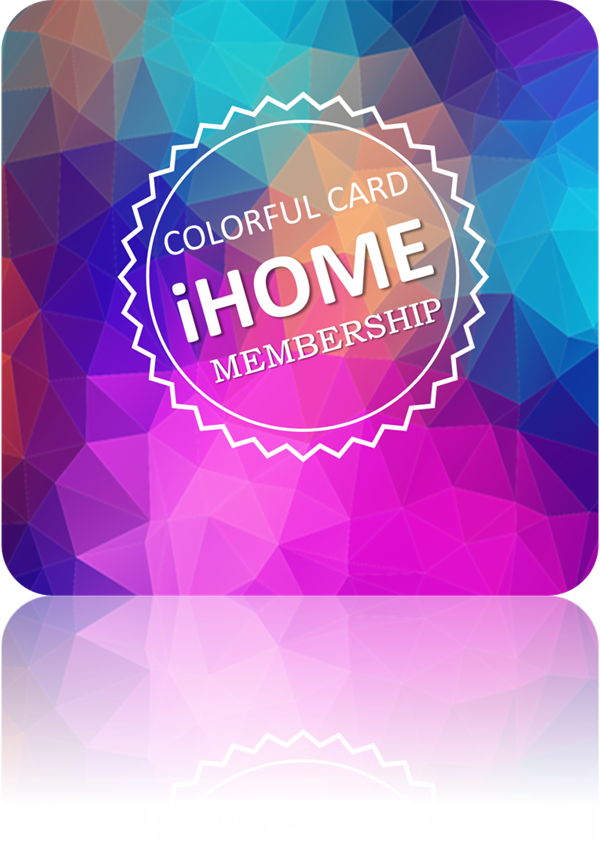
![Australia - Tiny house - [ Minimalist Retreats ] - Design Collectibles & Angel Membership (V1) (Copy)](https://ihome.org/wp-content/uploads/2024/06/Slide21-300x300.jpg)
